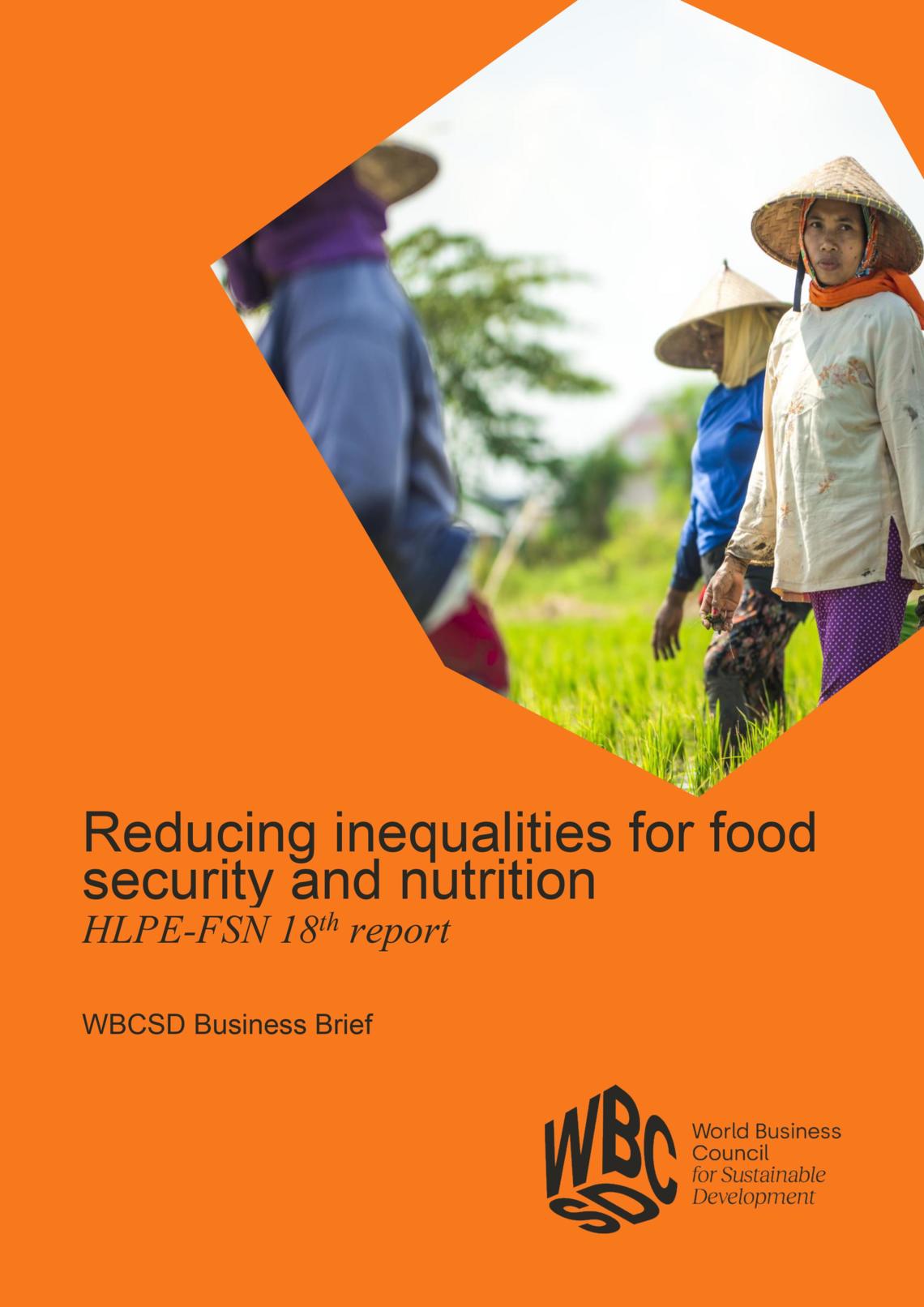
The High-Level Panel of Experts on Food Security and Nutrition (HLPE – FSN) of the Committee on World Food Security (CFS), the United Nations body for assessing the science related to world food security and nutrition, published a report titled “Reducing inequalities for food security and nutrition” in June 2023. It explores how inequalities within food systems hinder efforts to combat food insecurity and malnutrition and identifies strategies for different stakeholders, including the private sector, to address these inequalities, drawing on consultations, diverse knowledge sources and a rigorous peer review.
Inequalities in food security and nutrition (FSN) exist globally, both within and between countries, leading to hunger and malnutrition in all its forms (such as undernutrition, obesity, stunting, anemia, etc.), even in wealthy nations. These disparities have wide-ranging economic, environmental, and social impacts, which hinder progress towards the Sustainable Development Goals (SDGs) and perpetuate poverty.
Furthermore, climate change, conflicts, and unequal outcomes in FSN exacerbate these inequalities, sometimes fuelling food riots and/or political unrest, driving further inequalities in a vicious cycle. To address these issues, it is crucial for both the public and private sectors to prioritize reducing malnutrition and food insecurity and their underlying drivers, aligning with global goals and human rights standards, and embracing the principle of “leaving no one behind” as outlined in the 2030 Agenda for Sustainable Development and called for by Tackling Inequality: An Agenda for Business Action, the flagship report by the Business Commission to Tackle Inequality.
This business brief aims to summarize the HLPE-FSN report’s findings as well as provide relevant information for businesses, including identifying opportunities for business to tackle inequalities in food and related systems to strengthen food and nutrition security.

